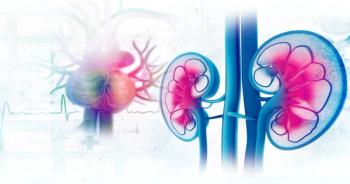
Individuals with a history of heart disease may be at an increased risk of developing kidney failure.

Individuals with a history of heart disease may be at an increased risk of developing kidney failure.
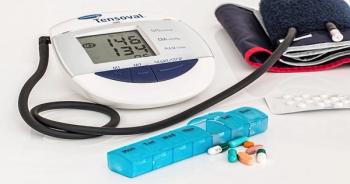
Are the benefits of lowering systolic blood pressure to less than 130 mm Hg the same for those aged 80 years and older as they are for younger patients?

AstraZeneca’s supplemental New Drug Application for dapagliflozin (Farxiga) has been granted Priority Review by the FDA.

A new study examined diabetes as an independent predictor of heart failure.

The approvals were granted to generic apixaban applications from Micro Labs Limited and Mylan Pharmaceuticals Inc.

Invasive methods did not perform better than drug treatment in patients with stable ischemic heart disease

Officials with the FDA have approved a new indication and label expansion for icosapent ethyl (Vascepa, Amarin).

Pharmacist-led initiatives, such as medication therapy management, for chronic diseases can significantly improve patient outcomes.

First and currently only biological targeting P-selectin.

Statin regimens may need tweaking to deliver optimal results.

Approved in May 2019, granted to FoldRx, a subsidiary of Pfizer.

Reduces risk for heart failure and cardiovascular disease hospitalizations.
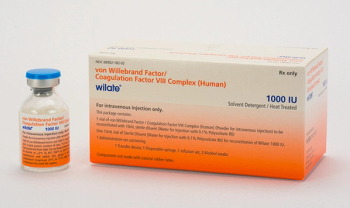
Also indciated to control bleeding and perioperative management.
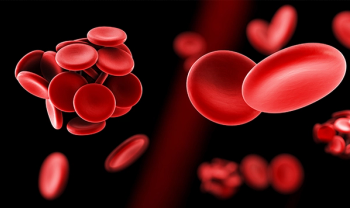
Black box warns of increased risk of blood clots and death.

Fourth approval for use in assessing myocardial perfusion and late gadolinium enhancement.

Type 2 diabetes mellitus is a risk factor for incident heart failure, according to a new scientific statement from the American Heart Association (AHA), and it increases the risk of morbidity and mortality in patients with established disease.

Study finds higher Ischemic events and mortality in transcatheter valve replacement patients taking non-vitamin K antagonist oral anticoagulants versus vitamin K antagonists.

Low-risk atrial fibrillation patients who take oral anticoagulants have a lower risk of dementia than those who do not, a study says.

The use of direct‐acting oral anticoagulants has increased among nursing home residents with atrial fibrillation.

Overestimating the bleeding risk of anticoagulants may lead to poor compliance.
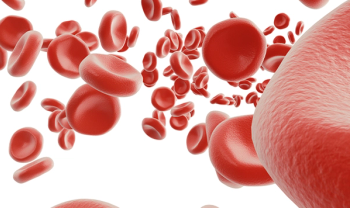
Fragmin, a low-molecular-weight heparin dalteparin sodium injection, was approved for symptomatic venous thromboembolism.

Two different versions of tafamadis get the FDA’s nod to treat a rare heart disease.
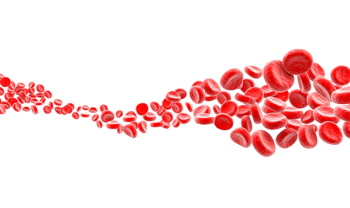
Bleeding in patients with nonvalvular atrial fibrillation and coronary syndrome was reduced by apixaban versus vitamin K antagonists.

Many kidney disease patients with atrial fibrillation are not treated with anticoagulation, increasing their risk of stroke.

Study finds different anticoagulation treatment levels for patients with cognitive problems.